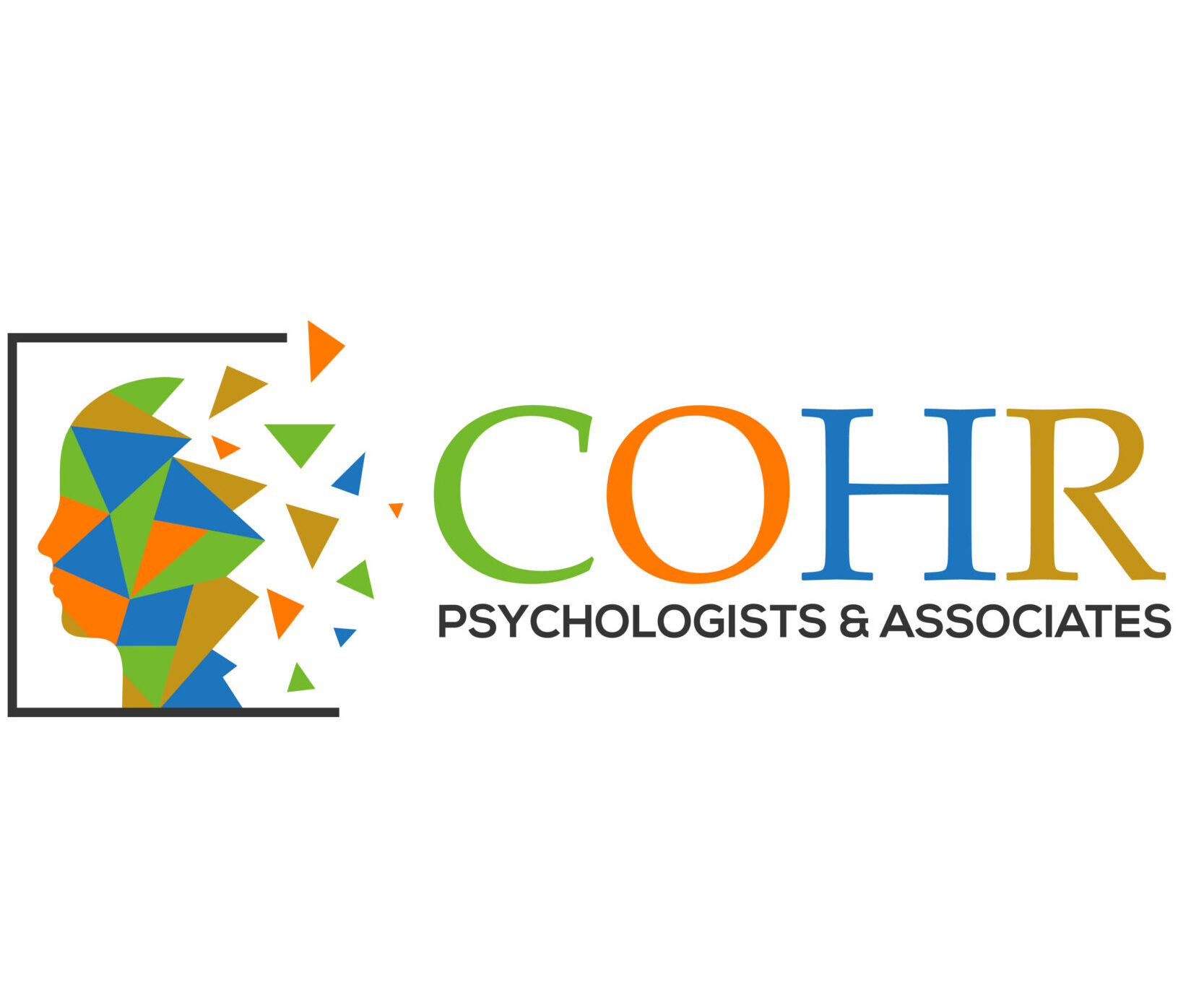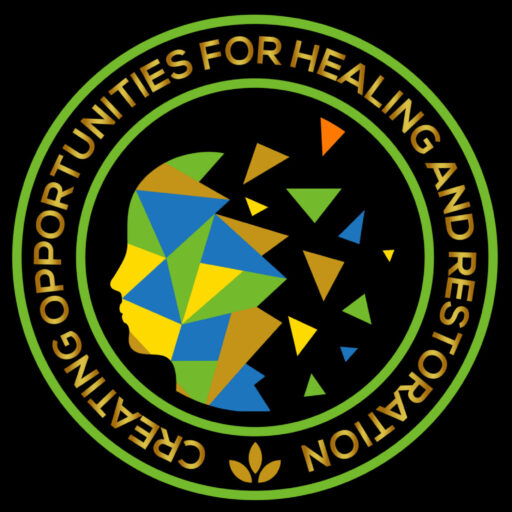By Tanisha L. Knighton, Ph.D. | COHR Psychologist & Associates
Let’s be real…most people don’t grow up thinking of therapy as their first option. In many families and communities, especially in BIPOC spaces, we’re taught to push through, pray on it, or keep it in the family. I’ve worked with individuals across various identities, life stages, and presenting concerns. Some entered therapy following acute trauma. Others came seeking clarity about long-standing emotional patterns. Many arrived not with a clear “problem,” but with a quiet question: “Would talking to someone actually help?”
This question is more common than we often acknowledge and it’s worth answering. Therapy is not reserved for people in crisis. Therapy is for people seeking insight, growth, and sustainable change. You don’t have to be falling apart to deserve support.
Therapy Beyond Crisis: Reframing the Narrative
Culturally and historically, therapy has been misunderstood, especially in marginalized communities. For many BIPOC individuals and families, the narrative around mental health care has centered on crisis response rather than wellness, prevention, or self-inquiry. Emotional pain is often minimized, spiritualized, or silenced. Seeking therapy, in those contexts, could be perceived as weakness, failure, or betrayal of cultural strength.
But over time, we’ve begun to challenge that narrative and rightfully so. Therapy is not about being “broken.” It is about having the courage to examine one’s internal world with care and accountability. It’s about being human and giving yourself space to grow, feel, and breathe. It’s a structured, confidential relationship that supports emotional healing, decision-making, identity development, and skill-building.
When Might Therapy Be a Good Fit?
There’s no singular “right” reason to pursue therapy. However, you may benefit from therapy if:
- You’re feeling overwhelmed, anxious, or emotionally disconnected
- You want to set boundaries but don’t know how
- You’ve experienced a life transition, loss, or relational rupture
- You’re noticing recurring interpersonal conflicts or unhealthy patterns
- You feel the weight of expectations (i.e., cultural, familial, or internal)
- You are curious about your own emotional landscape and want to grow
- You’re holding stories you’ve never said out loud
- You’re tired of people telling you to “just get over it”
It’s also important to note: therapy can be deeply effective even in the absence of a formal mental health diagnosis. Some clients seek support around life transitions, boundary setting, intergenerational healing, and identity exploration all concerns that may not be “clinical,” but are no less worthy of compassionate attention.
What Happens in the Therapy Process?
At COHR Psychologist & Associates, our approach to therapy is relational, culturally responsive, and client-centered. We don’t ask you to perform. We don’t ask you to be perfect. We work collaboratively with each client to establish goals that align with their values and lived experience. Therapy is not prescriptive; it is co-constructed.
Clients can expect to explore not only the challenges they’re facing, but also the context, cultural, historical, psychological, that shapes their experiences. We may engage cognitive-behavioral strategies, narrative techniques, trauma-informed practices, or mindfulness approaches, depending on the individual’s needs and preferences.
And just as important as the technique is the therapeutic relationship itself. Change occurs in the presence of trust, authenticity, and safety.
A Reframing Worth Remembering
Therapy is not a last resort. It is a proactive investment in your emotional health and relational well-being. You don’t have to be in crisis to deserve support. You don’t have to justify your pain or wait until things unravel to seek help. The desire for reflection, change, or relief is reason enough. Therapy is not a luxury. It’s a tool. A relationship. A reclaiming of your right to care.
Final Thoughts: You Are Worth the Work
If you’re asking yourself whether therapy is right for you, that question in itself is a meaningful starting point. You are already engaging in self-reflection and that’s often the first step toward healing.
At COHR, we are honored to walk with individuals who are ready to explore, heal, and grow. You don’t have to have all the answers. You simply need a space where you can ask the questions and be met with empathy, clarity, and support.
Ready to explore whether therapy might be right for you?
Click the link in our bio or call (330) 578-4855 to schedule a consultation. We’re here when you’re ready. Let’s talk…no pressure, just possibility.
#cohrpsych #DrTaLK #drtlk #ScholarPractitioner #TherapyIsHealing #MentalHealthCare #CulturallyResponsiveTherapy #BlackMentalHealth #BIPOCHealing #TherapyIsForYou #YouDeserveSupport








